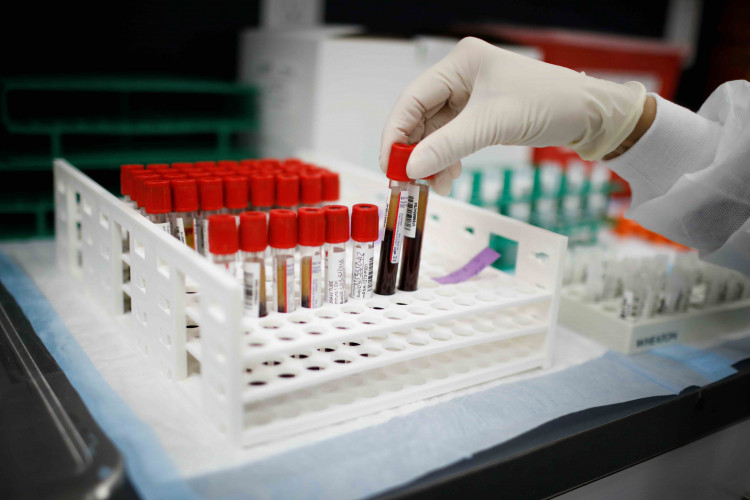Can a blood test detect lung cancer before people get symptoms? Scientists say it's possible, and their findings are already published.
Chinese scientists claim to be well on their way to developing a blood test that can detect the early stages of the most common form of lung cancer, which would be a significant medical breakthrough.
They showed evidence that the test was over 90% accurate in identifying these tumors in samples collected from real patients in a new study published this week. However, more research, including clinical trials, will be needed before this test can be made available to the general public.
The scientists utilized the test on blood samples from over 1,000 patients in their new paper, which was published Wednesday in Science Translational Medicine. The majority of these samples came from individuals who were already being monitored for lung cancer via yearly CT scans, but some also came from patients undergoing thoracic (chest) surgery.
In comparison to traditional diagnosis, the test was found to have a sensitivity of 90% and a specificity of 92% for detecting lung cancer, with the majority of cases being stage 1. A highly sensitive test has fewer false negatives than a highly specific test, whereas a highly specific test has fewer false positives. And, while smoking is a major risk factor for this type of lung cancer, it can also afflict nonsmokers, so the test could be useful for people who don't smoke but have a family history of lung cancer or other risk factors.
The test is also reasonably priced and does not expose anyone to radiation. This, in turn, could save lives by detecting tumors at an early stage when they can still be treated curatively with surgical removal or radiation.
Early detection of cancer is oftenly critical to ensuring patients' best chances of survival. While various cancer screening methods, including blood tests, are available for many tumors, lung cancer patients are not always so fortunate.
Currently, the only kind of lung cancer screening that is regarded to be useful is yearly low-dose CT scans, which are only suggested for past or current smokers over the age of 50 who have a long smoking history. They're also expensive, and they have a high risk of false positives, which can lead to invasive surgeries that aren't essential.
Lung cancer is the leading cause of cancer death in the U.S. and one of the most frequent malignancies worldwide, despite the fact that its incidence and death rates have decreased over time.






